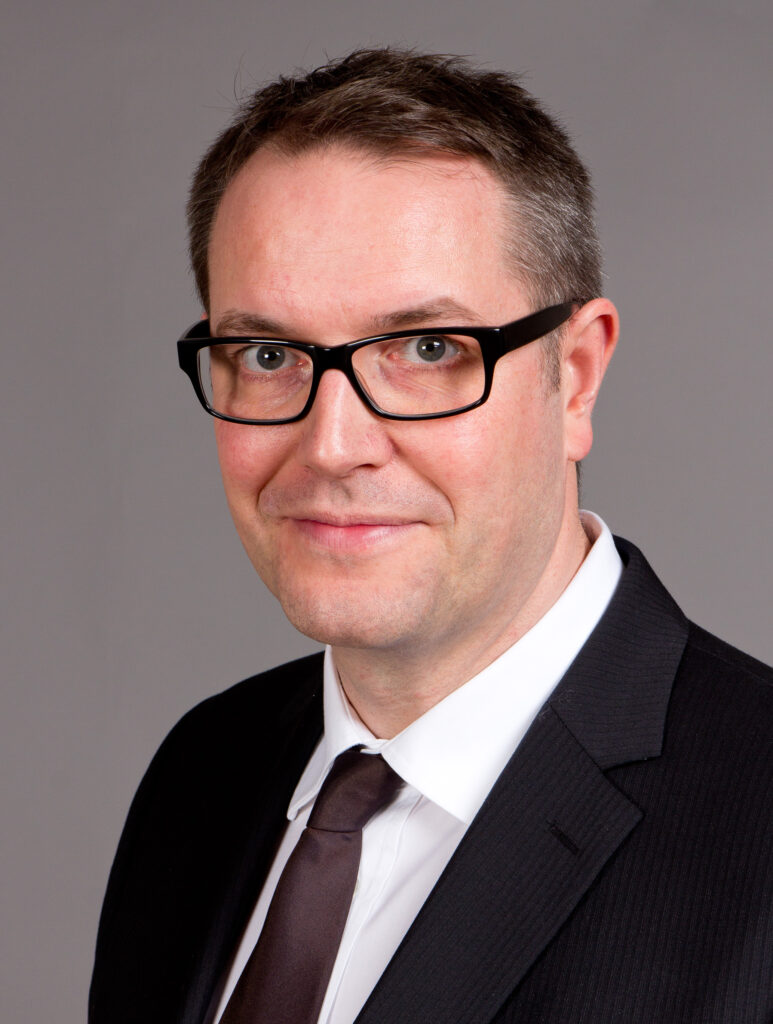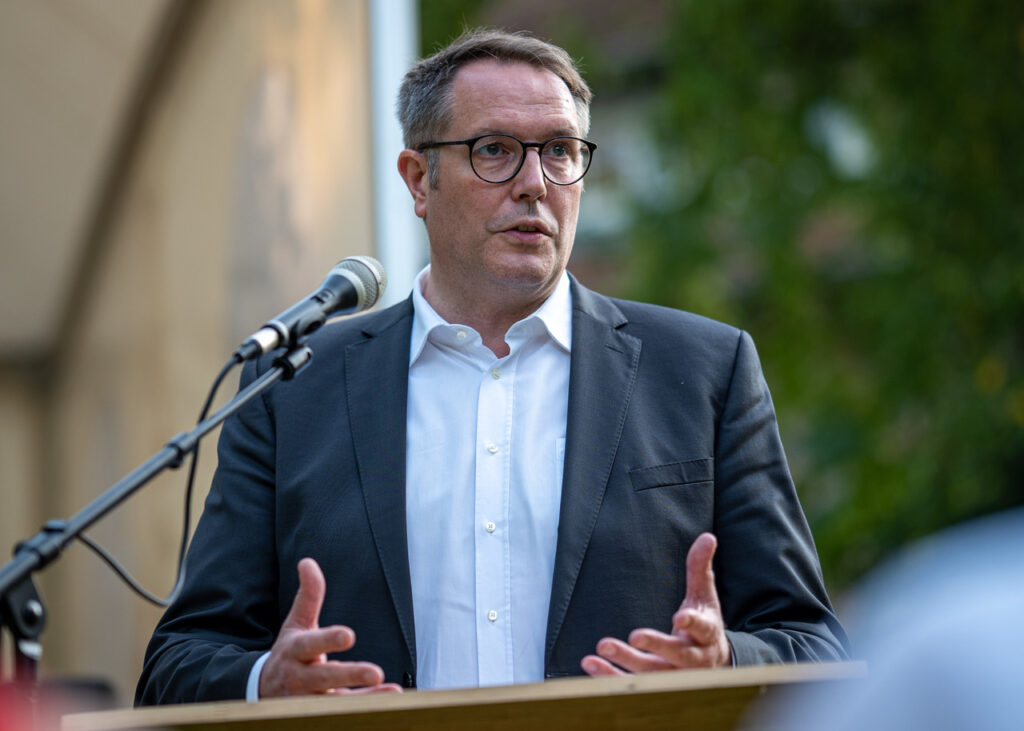
Table of Contents
With the election of Alexander Schweitzer, a new era begins in the state. The Palatinate native succeeds Malu Dreyer, who is retiring from politics. How is the change reflected in a survey?
Schweitzer is not yet so well-known
According to a survey, the majority of people in Rhineland-Palatinate have a positive view of the end of Malu Dreyer’s term as prime minister. According to the “Rhineland-Palatinate Trend”, 61 per cent of those surveyed said that the SPD politician had been a good prime minister. 27 per cent said no. Dreyer said goodbye in the state parliament in Mainz on Wednesday. Alexander Schweitzer was elected as her successor immediately afterwards.
You may also like: Will COVID-19 come again in 2024?
Schweitzer and Schnieder are not yet known
According to the survey, most people in Rhineland-Palatinate are not familiar with Schweitzer. 55 per cent of those surveyed said they did not know him. 18 per cent said they thought the SPD politician was a suitable prime minister, while 12 per cent said no.

Opposition leader Gordon Schnieder (CDU), who is expected to challenge Schweitzer in the 2026 state election, is also unknown to many people in the state, according to the survey. 64 per cent do not know him. 14 per cent think he is suitable for the office of prime minister, while 13 per cent do not see it that way.
CDU is still strong, SPD at a low
If there were a state election on Sunday, the CDU would receive the most votes in Rhineland-Palatinate, according to the survey. As in the last survey in February 2024, it would receive 31 per cent. According to the “Rhineland-Palatinate Trend”, the SPD would lose one percentage point and fall to a low of 21 per cent. The third strongest force would remain the AfD, which would lose three percentage points and reach 12 per cent.
If there were a state election in Rhineland-Palatinate on Sunday, the CDU would remain the strongest force. As in the last survey in February 2024, it would reach 31 per cent. The governing SPD would lose one percentage point and fall to a new low of 21 per cent. The third strongest force would remain the AfD, which would lose three percentage points and reach 12 per cent. The Greens would remain unchanged at 10 percent and the Free Voters would again reach 7 percent.
The FDP would gain one point to 5 per cent. The Sahra Wagenknecht alliance could also expect 5 per cent (plus one percentage point). This would mean that seven parties would be represented in the Rhineland-Palatinate state parliament for the first time. The traffic light coalition of the SPD, FDP and Greens would therefore again have no majority.
According to the survey, the Greens remained at 10 per cent, and the Free Voters would again reach 7 per cent. The FDP would gain one point to 5 per cent. The Sahra Wagenknecht (BSW) coalition could also expect 5 per cent (plus one percentage point). This would mean that seven parties would be represented in the Rhineland-Palatinate state parliament for the first time. The coalition of the SPD, FDP and Greens would therefore once again not have a majority.

More than 1,100 eligible voters surveyed and the result of the survey says Schweitzer is not yet so well-known:
The survey, commissioned by the political magazine “Zur Sache Rheinland-Pfalz” of the Südwestrundfunk (SWR), was formerly called “PoliTrend”. The data is based on a representative telephone and online survey conducted by the election research institute Infratest Dimap among 1,165 eligible voters in Rhineland-Palatinate (survey period: July 4 to 9, 2024). The political magazine “Zur Sache Rheinland-Pfalz” will broadcast the detailed results on Thursday (July 11) from 8:15 p.m. on SWR television.